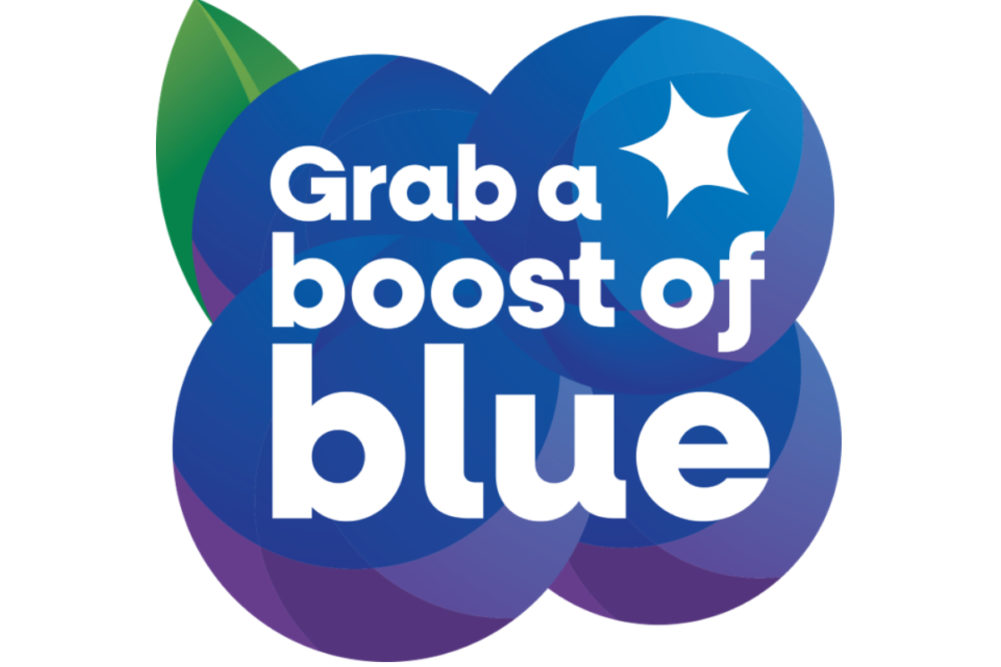Eating blueberries can have cognitive benefits, according to a new study.
According to the study, published in the journal Nutrients, the equivalent of a half cup of fresh blueberries per day, consumed as freeze-dried blueberry powder, was found to help middle-aged individuals against cognitive decline when implemented early in at-risk individuals, according to the U.S. Highbush Blueberry Council, which funded the study.1
“This is an important finding given that in the United States, nearly six million older adults live with dementia,” according to the council. “Since limited treatments for cognitive decline exist, preventative approaches and mitigation of risk through proper nutrition are of increasing importance. Given that neurodegenerative changes associated with cognitive decline start in midlife, this research indicates that blueberries may present an opportunity for early intervention, by targeting modifiable risks like poor nutrition and related metabolic disturbance.”
Study subjects experienced improved performances on measures of lexical access, such as letter fluency as measured by the Controlled Word Association task; improved performances on measures of memory interference, such as fewer recall intrusion errors as measured by the California Verbal Learning Test; and reduced memory eroding difficulty in daily life activities, such as reduction of forgetfulness, as measured by the Everyday Memory Questionnaire.
The blueberry group also experienced correction of peripheral hyperinsulinemia, which is associated with neurodegeneration in the brain, as well as a significant decline in fasting insulin levels.2





